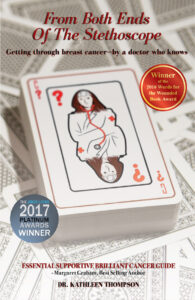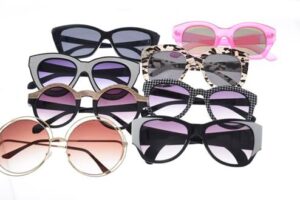Our eyes are incredible, aren’t they? Just close them for two minutes and try to walk around your house, or read, or work on the computer or even make a cup of tea … I rest my case.
Yet, often, we don’t treat these irreplaceable beauties with the care they deserve, so these sunglasses tips from eye expert Dr Andy Hepworth from www.essilor.co.uk are essential.
Thinking of buying new sunnies for this great weather? What influences your choice? How much you’ll resemble an A-lister, or best protection for your eyes? Be honest.
I see? So, over to Dr Hepworth I think:
As well as a fashion accessory, sunglasses should protect eyes from excess UV light that can lead to premature ageing, cataracts and age-related macular degeneration. It’s also been linked to corneal sunburn and retinal tissue damage, plus eye strain and headaches. For optimum eye health you should be wearing sunglasses all year round.
Check UV protection of your sunglasses
- Check the label and paperwork. Look for a minimum UV 400 protection, with both UVA and UVB protection. A sticker on the lenses saying ‘blocks UV’ is not good enough.
- An eye care professional or optician can measure the UV filters.
- UV light may filter through scratched lenses so chuck damaged glasses.
- Price doesn’t always indicate quality and UV protection.
- All sunglasses sold in the UK should have a CE mark to indicate compliance with regulatory standards, blocking out 95% of all UV rays below 380 nanometres.
Your Vision
- Get an eye test if you may need prescription sunglass lenses or specialist coatings.
- Larger frames and wrap-arounds can provide better UV protection.
- Glare can be distracting and dangerous and aggravates light sensitivity (photophobia). Xperio Polarised technology can help by only allowing vertical light through the lens – making safer driving and providing a high level of UV protection.
- Maintain clarity, contrast and colour perception with tinted lenses. For example, Essicolour Tints will reduce distortion to give good clarity. Graduated tint can give a trendy finish.
- Just because lenses are ‘dark’ doesn’t automatically mean they offer the right protection.
- Photochromic lenses adapt to changing light conditions, whether you’re indoors or out.
Remember, your eyes are extremely valuable and some damage can be irreversible so consider visiting your optician for your next pair of shades. If you’ve any eyesight worries the Essilor website has great information and advice too.
By Dr K Thompson, award-winning author of From Both Ends of the Stethoscope: Getting through breast cancer – by a doctor who knows
http://www.amazon.co.uk/dp/B01A7DM42Q http://www.amazon.com/dp/B01A7DM42Q

Note: These articles express personal views. No warranty is made as to the accuracy or completeness of information given and you should always consult a doctor if you need medical advice.


